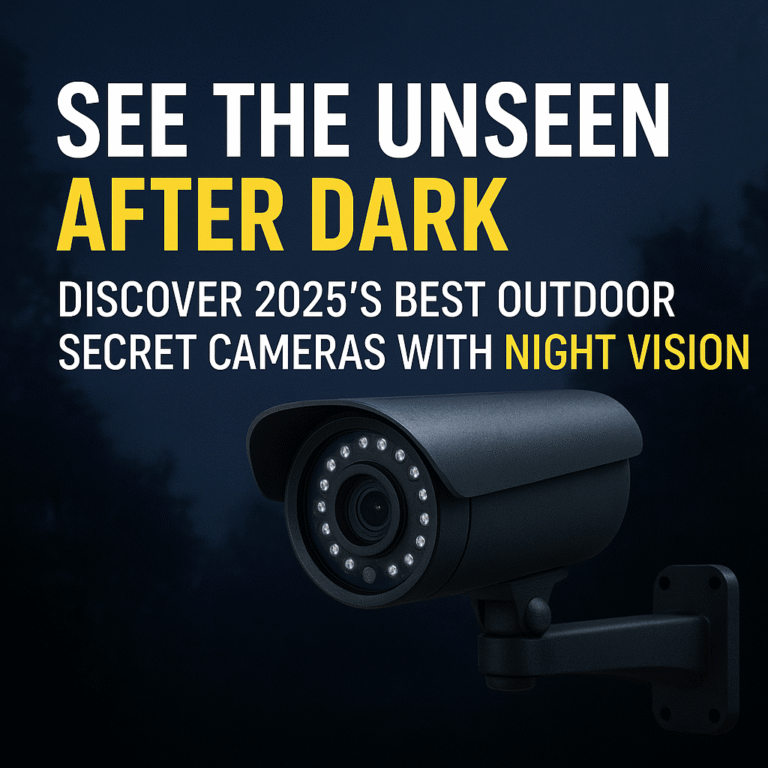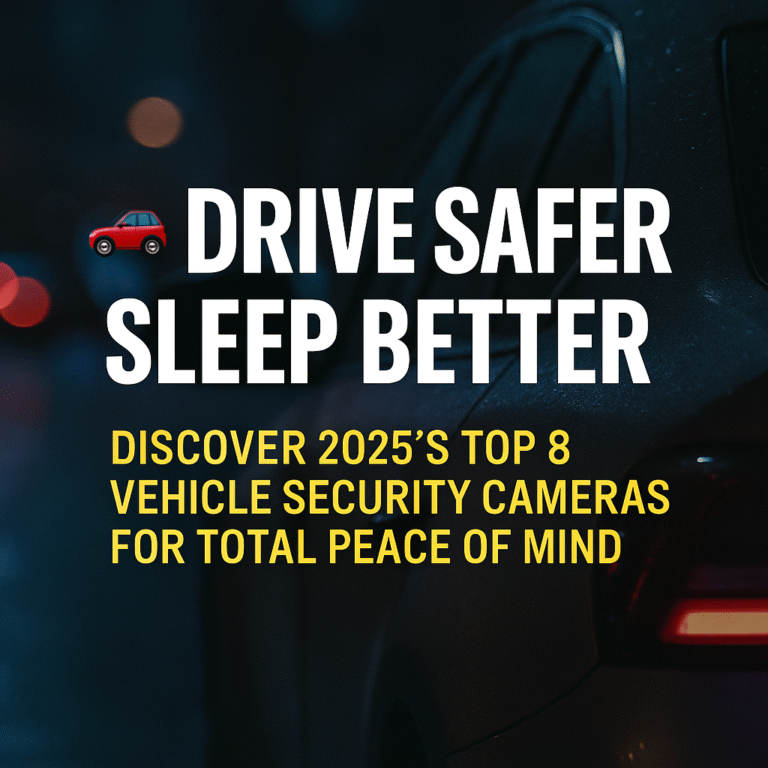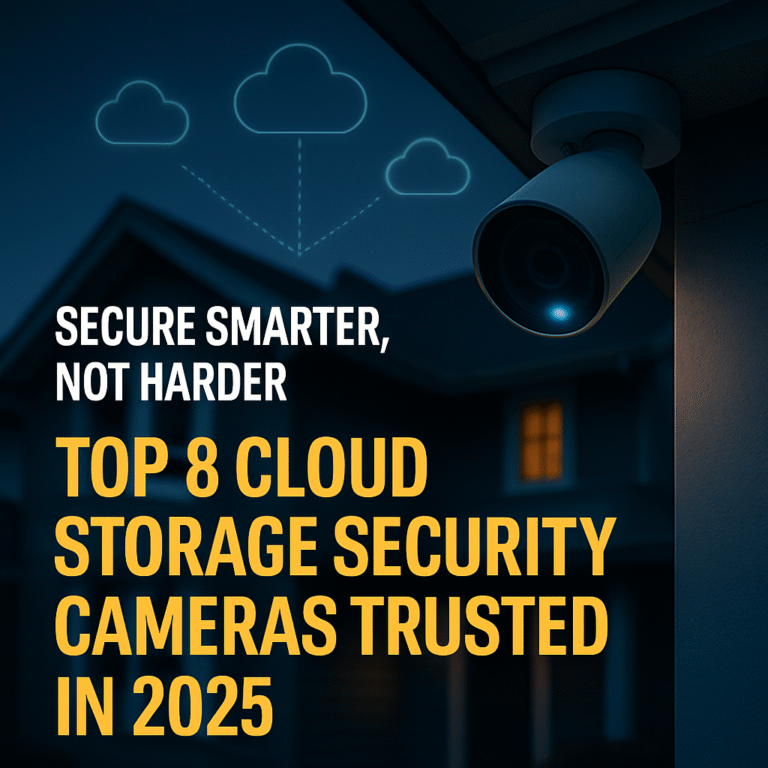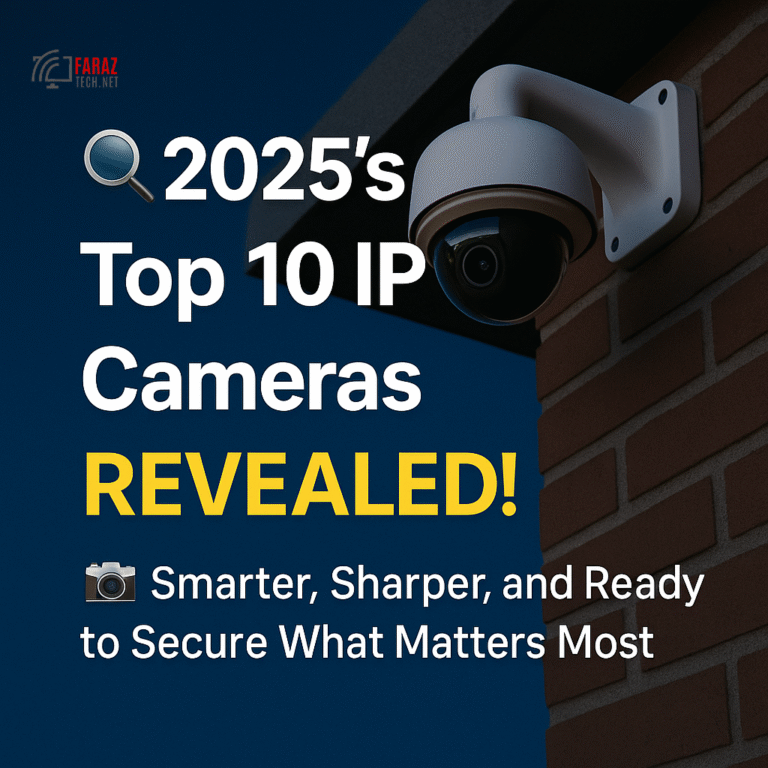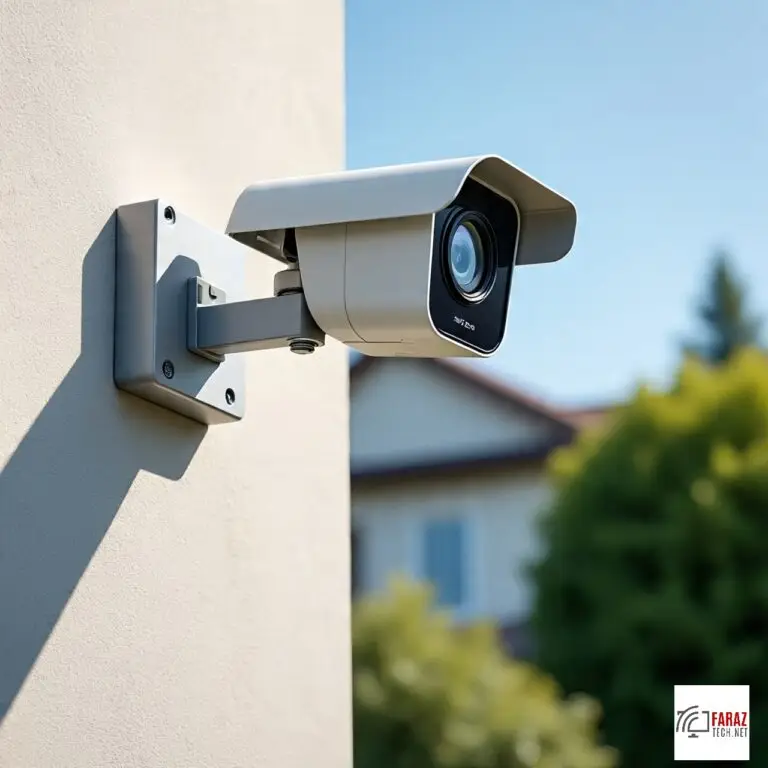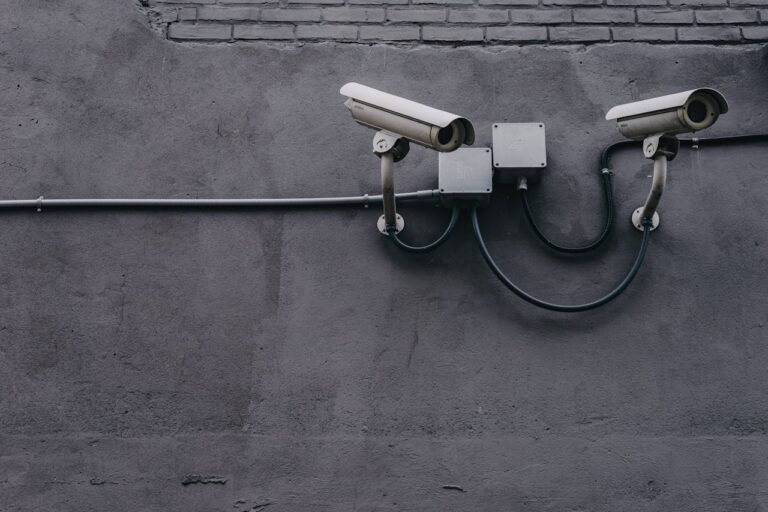Best Outdoor Secret Camera with Night Vision (2025 Guide)
1. Understanding Secret Outdoor Cameras: What Makes Them Special? 1.1 What Is a Secret or Hidden Camera? A secret—or hidden—camera is designed to be discreet, often disguised within everyday objects like garden lights, USB chargers, birdhouses, or planters. People choose them when subtlety is more useful than visible deterrence. While visible cameras discourage intruders, hidden…

